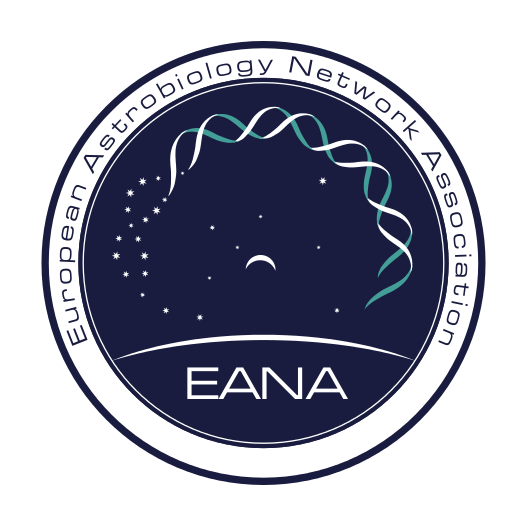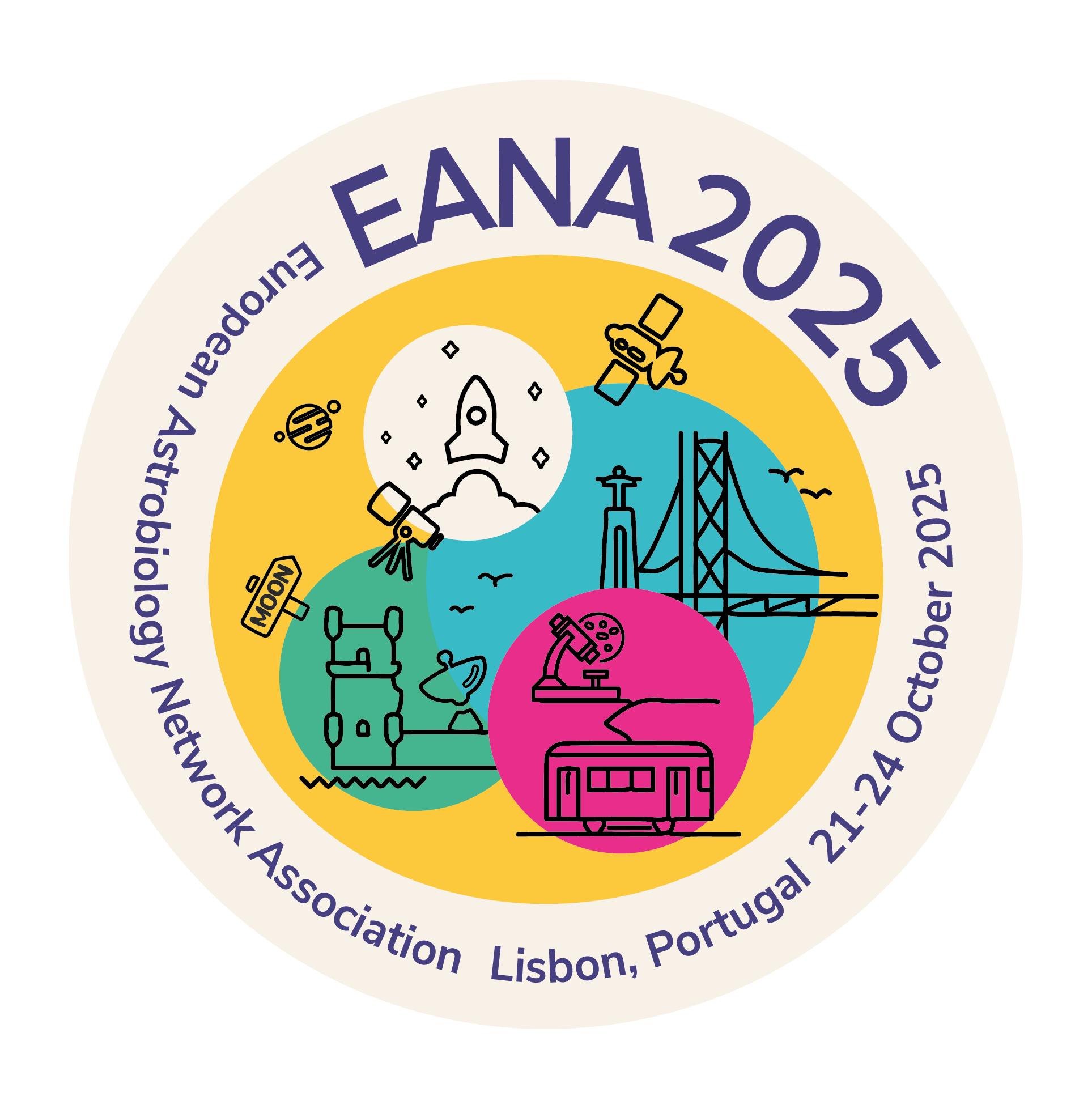 |
Abstract EANA2025-117 |

|
Comparative Growth Analysis of Polar and Temperate Microalgae in Microgravity Conditions on the ISS: Findings from the ALGALSPACE Experiment
Integration of photosynthetic microorganisms into life support systems is of critical importance for the sustainability of long-duration human space missions. Microalgae are prominent in space biotechnology and astrobiology researches because to their ability to perform photosynthesis, their resilience to extreme environmental conditions, and their role in water and nutrient cycle. Currently, numerous studies with various algae species have been undertaken in space for various objectives. Research efforts have been focused on species like Chlorella pyrenoidosa, Chlorella vulgaris, Haematococcus pluvialis, Chlorella sorokiniana, and Nostoc sp. Polar-origin microalgae have special advantages in astrobiology and space biotechnology studies because of their capacity to endure extreme conditions. These microorganisms have acquired exceptional physiological and metabolic adaptations to stresses including cold temperatures, higher UV radiation, and limited light availability. Their membrane-stabilizing lipid profiles, antioxidant defense mechanisms, and synthesis of secondary metabolites enable them highly resistant to the challenges caused by space environments including microgravity and radiation. Thus, polar microalgae demonstrate superior potential for incorporation into bioregenerative life support systems (BLSS) relative to temperate species. This study presents the pre-flight experimental preparation and space-based cultivation phases of the ALGALSPACE experiment, which was conducted aboard The International Space Station (ISS) as part of Türkiye’s First Manned Space Mission during Ax-3 mission in January 2024. The main objective of the study is to experimentally evaluate the effects of microgravity on microalgal growth performance and viability, to compare the growth responses of microalgae with different ecological origins under space conditions, and to assess their adaptive potential for space biotechnology applications. In this context, Chlorella strains isolated from the temperate region and the samples collected near the Turkish Antarctic Science Base were utilized. Both strains were cultured in petri dishes in solid medium at the Kennedy Space Center prior to launch. These samples were cultivated aboard the ISS for 8 days and photographed daily. Parallel control experiments were simultaneously conducted on Earth conditions. Analyses of the ISS images revealed that both strains maintained viability and showed growth under microgravity. Notably, this was the first study to examine polar-isolated microalgae in space, and the Antarctic strain exhibited significantly better growth and adaptation under space conditions compared to the temperate strain. Given their exceptional physiological resilience and stress tolerance, the findings indicate that polar microalgae have great potential for incorporation into bioregenerative life support systems and can be utilized with reliability in future space missions.
